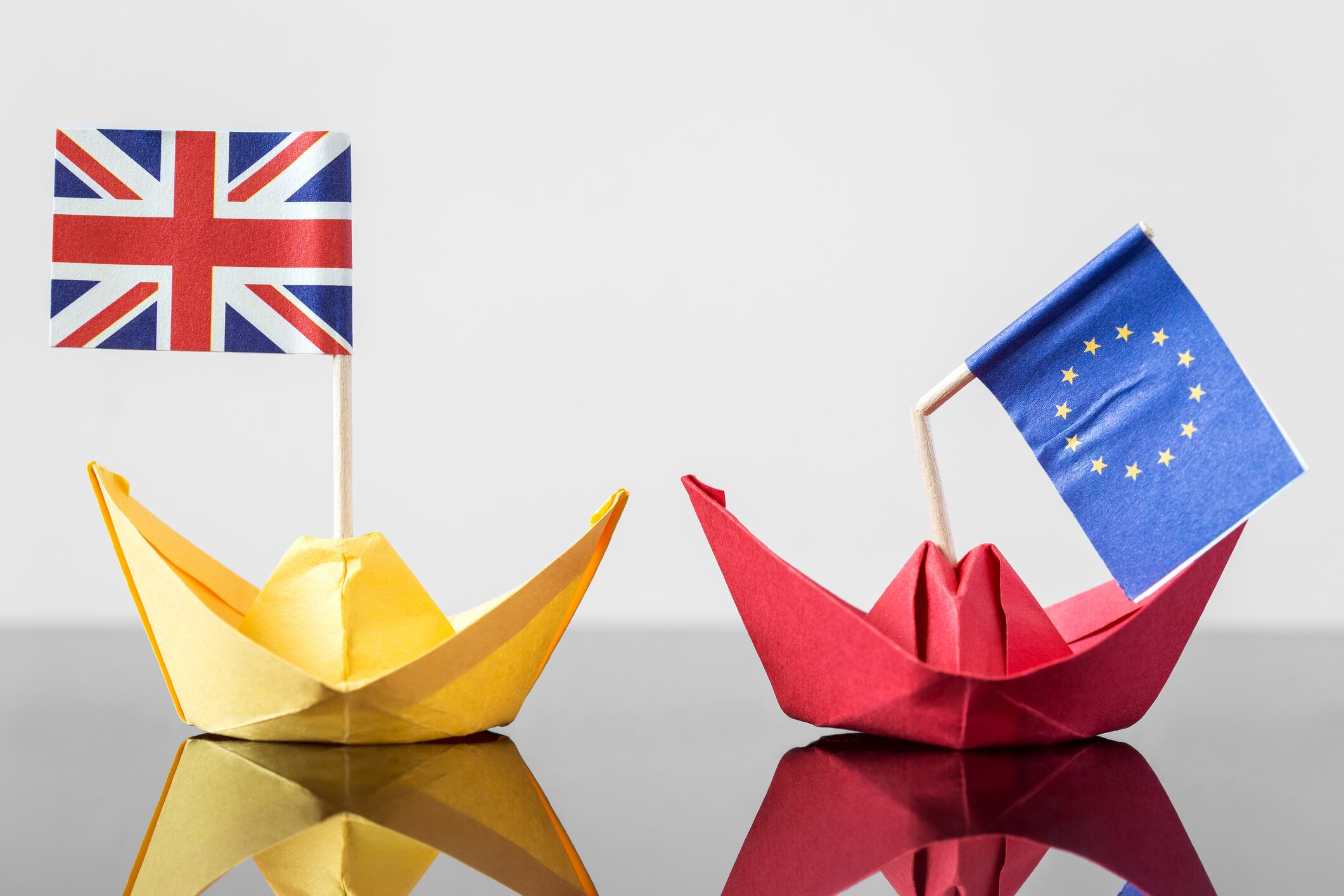The country faces the complex task of reaching new tariffs with non-EU World Trade Organization (WTO) members when Brexit talks are done, this site understands.
British trade officials are believed to have told WTO members – currently 163 other countries including the 27 EU member states – that they plan to offer them the same trade terms currently offered by the European Commission. This means businesses exporting goods to the UK – such as New Zealand lamb or Thai poultry – will face the same import tariffs currently imposed by the EU.
There will be talks around new tariffs as, after Brexit, the UK will no longer rely on the European Commission to set tariff rate quotas on goods and services, including meat products.
There is no set of umbrella trade rules or tariffs that UK meat producers face. Exporters, including meat traders, will face arbitrary tariffs that vary from country to country, creating an incredibly complex – and potentially costly – new trading landscape for the UK.
EU member states are important trading partners for the UK and account for roughly half of British trade. Post-Brexit tariffs will be the same across the bloc, if a trade deal cannot be reached. And while Brexit talks do not concern non-EU WTO members, countries will interested to ascertain what agricultural subsidies and agricultural tariff rate quotas will be agreed.

Opposition to hard Brexit
One thing many in the European meat industry are strongly opposed to is a hard Brexit that would see the UK give up full access to the single market and the customs union.
Katie Doherty, policy director and the International Meat Trade Association (IMTA), said hard Brexit is a “huge concern” to the European meat industry. She added UK beef and lamb exports to the EU would face tariffs of 62% and 57% respectively, “rendering them not economically viable.”
Jean-Luc Mériaux, secretary general of the European Livestock and Meat Trading Union (UECBV), said the “clock is running” on reaching a new deal. Demand across the continent's meat industry for “clarification” on the challenges posed by Brexit is also “growing,” he added.
Formal Brexit talks between the UK and the EU will begin on Monday 19 June, despite UK Prime Minister Theresa May failing to secure a majority government in last week’s general election.
Britain seems unprepared to start the complex talks, but this is not the case for the EU which has had nearly a year to get its ducks in a row.
“The European Commission is ready to do business and to start negotiations,” said EC deputy chief spokesperson Alexander Winterstein.
“We hope that the UK will be able to form a stable government as soon as possible. Our negotiating team, headed by Michel Barnier, is very well prepared.”
